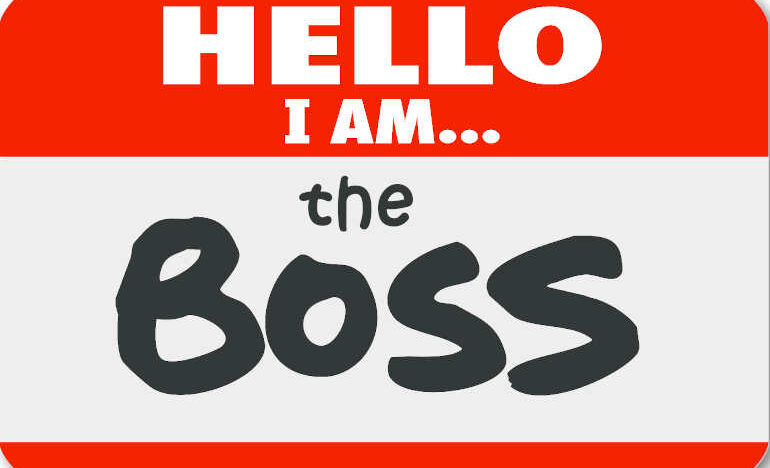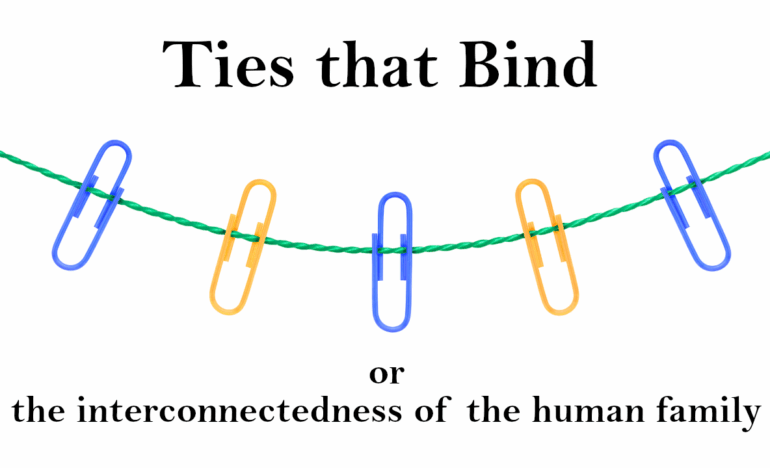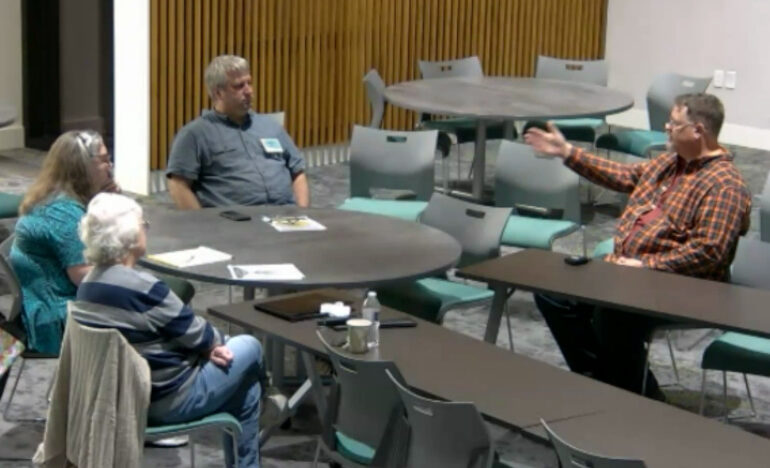Dealing with Authority

An Assembling God’s Puzzle video
By Fr. Garry Richmeier
One of the things we all have to figure out in life is how to deal with authority. Authority is a piece of life’s puzzle that we sometimes have difficulty fitting into our lives. In an ideal world, we would all be able to talk things out and come to agreement on how everything and everybody should work. But since none of us is perfect, and we have trouble coming to agreement, we often turn to authority to decide things.
When an authority figure sees things the same as we do, we often praise them in their “wisdom” and fairness. When they see things differently than us, we often criticize them, calling them biased, or un-informed, or ignorant, or dictatorial.
Dealing with authority will probably always be a challenge, but there are some things we can do to make the task a little less stressful.
We deal with many authorities. There is the legal system, consisting of the police, judges, lawyers, and civil laws, and religious authorities, including religious laws and religious hierarchy.
Then there are the people we consider authorities because of their expertise in their professions, like doctors, nurses, therapists, scientists, etc. There are also people we look to as authorities because of personal relationships, like close friends or a wise grandparent.
In dealing well with any authority, it is often helpful to be aware of our “default setting” regarding authority. Each of us has our own basic idea about authority in general, and we’ve adopted that idea because of our experiences with authority as we grew up, i.e., our experiences with parental authority.
For example, if our parents were fairly consistent and logical with the rules they set, how they enforced the rules, and how the rules applied to all members of the family, we probably tend to approach authority today in a positive manor.
If, however, our parents were haphazard or inconsistent or incoherent in setting and enforcing the rules, or if there was much family chaos for some other reason, our default view of authority today might be one of mistrust, wondering if it knows what it is doing.
Some people come from families where there were strict rules for every small aspect of life, with no “gray area” and no flexibility, and there were severe and disproportionate consequences for breaking even the smallest rule. These people tend to either rebel against authority on principle, as they did with their parents, or they follow authority blindly without question, like lemmings jumping off a cliff.
One side note: I’ve always been amazed at how people’s view of authority often applies to their view of God also. People often come to me for spiritual direction and describe difficulties with their relationship with God. They may feel God is a harsh task master, keeping track of everything they do wrong and is ready to send them to hell. Or they may feel God is uncaring, doesn’t know they exist, and unaware of their situation. Or they may feel God is just playing games with them, randomly rewarding or punishing them. It is often the case that their experience with authority growing up mirrors their view of God as authority.
It is helpful to be aware of our basic view of authority so that we can take it into account when dealing with authority. It is like each of us has different colored glasses which affects our view of authority. If we are aware of what “tint” our glasses are, we can choose to adjust our vision and our judgment about authority, and come up with a more accurate view.
Control is usually the issue when it comes to problems with authority for us. We do not like to have someone else controlling us in some way. But that is pretty much the definition of authority, whether it is the policeman giving us a ticket for speeding, our boss telling us what to do at work, or our parents setting a curfew. We feel like a victim because it seems we have no choice if we want to keep our job or stay out of jail.
One strategy is to focus on what we choose in any situation, rather than what the authority is doing. If I know that I am choosing to stay in my job and do what my boss says so that I can support my family, it can somewhat change my perception of what is going on. I become the one deciding what to do, not just my boss. That doesn’t change the job or my boss, but it can change my attitude a little and make the situation more bearable.
It is also important to deal honestly with any authority that functions unethically, immorally, or unjustly. This is, of course, a judgment call. But authorities are made up of humans, and humans are not perfect. Sometimes we have to choose whether to go along with an authority that violates our values and ethics, or challenge it in some way. Legitimately and appropriately challenging authority is not easy, but it may be a way we hold on to our integrity as people, and that is important to our mental, moral, and Spiritual health.
Like any other piece of the human puzzle, dealing with authority is a challenge. Hopefully, some of what I’ve shared here will be helpful to you.
All of the videos in this series can be found here: Assembly God’s Puzzle.
Never miss an article published on the Renewal Center website: Sign up to receive our newsletters.
[Fr. Garry Richmeier, a Precious Blood priest and spiritual director, holds a Master’s of Divinity Degree from St John’s University in Collegeville, Minnesota, and a Master’s of Counseling Psychology degree from the University of Missouri-Kansas City. He is a licensed professional counselor and a licensed marriage and family therapist.]
Illustration 31478195 © Iqoncept | Dreamstime.com
We’d Like to Hear from You!
We’d like to know what you think about this article. Send us a comment using the form below. Do you have a suggestion? Is there something you want to learn more about? Send us a note.
Related

Ties That Bind
By Fr. Garry Richmeier, C.PP.S.
We pride ourselves on being independent, self-made, with a “pull yourself up by your bootstraps” mentality. But we sometimes give in to the “group think,” attaching ourselves to a group, a religion, a philosophy and blindly follow the herd. Finding middle ground between these extremes is necessary for a satisfying, productive life.

Introduction to Buddhist Meditation
This is a recording of “Introduction to Buddhist Meditation” presented by Lama Matthew Palden Gocha at Precious Blood Renewal Center in Liberty, Missouri, on Nov. 6, 2025, as part of our Teach Us to Pray series.
Categories
Assembling God's Puzzle Coffee with Padre Cooking & Spirituality Encounters of the 4th Kind Family Matters Guided Meditations Reflections on the Eucharsitic Prayers Spiritual Resources Taize Prayers Teach Us to Pray The Contemplative Life Traveling with Pilgrims of Hope Uncategorized Videos When you need a little help
